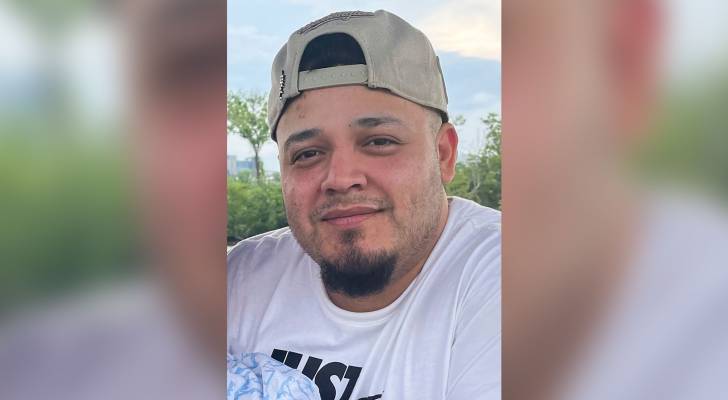Kilmar Armando Abrego Garcia
Trump says he 'could' bring back wrongly deported man but will not
US President Donald Trump stated that he has the authority to bring back Kilmar Armando Abrego Garcia, a Maryland resident who was wrongfully deported to a prison in El Salvador.
However, Trump revealed he has decided not to intervene in the matter.
“I could,” Trump told ABC News, suggesting that a call to El Salvador’s President Nayib Bukele might reverse the deportation.
Despite this, Trump maintained that Abrego Garcia was a member of the MS-13 gang and not an innocent man, accusing him of domestic abuse and gang affiliations—claims which Abrego Garcia and his legal team deny. The deported individual was never given the chance to contest these accusations in court.
Abrego Garcia, originally from El Salvador, entered the United States in 2011 and later married a US citizen. In 2019, a US judge issued a withholding order to prevent his removal to El Salvador due to potential threats from gangs there.
Despite the legal protections in place, Abrego Garcia was deported on March 15, in what US officials have labeled as an “administrative error.” His deportation occurred without due process to challenge the allegations against him.
He is currently being held in El Salvador’s notorious CECOT prison under a US-backed arrangement that detains certain deportees. However, President Bukele has refused to allow Abrego Garcia’s return to the United States.
The case has raised concerns about the deportation process and the protection of individuals' rights, particularly when legal safeguards are in place.
This case highlights broader concerns about deportation processes, exacerbated by a controversial Justice Department memo issued on March 14, 2025, under Attorney General Pam Bondi.
The memo authorizes Immigration and Customs Enforcement (ICE) to conduct warrantless home searches under the Alien Enemies Act of 1798, targeting suspected members of the Venezuelan gang Tren de Aragua, labeled “alien enemies.”
It permits ICE agents to act on a “reasonable belief” of gang affiliation, bypassing Fourth Amendment protections and denying apprehended individuals judicial review or appeals.




